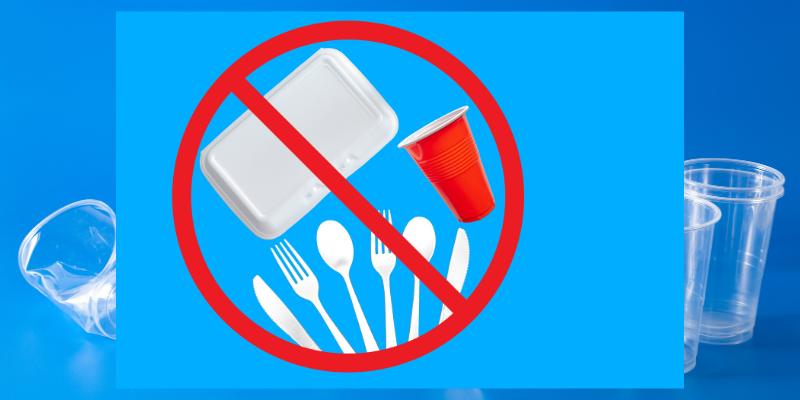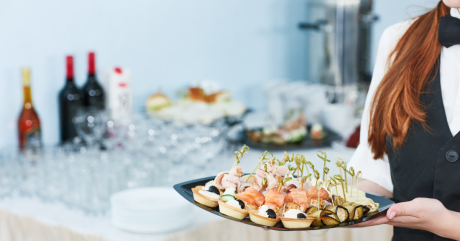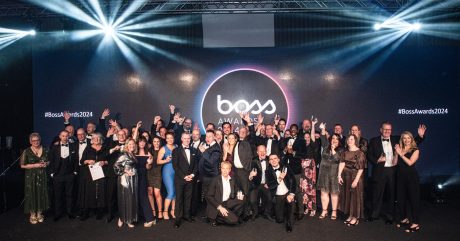
Single-Use Plastic Ban in England
Embracing Sustainability: England’s single-use plastics ban A Step Towards a Greener Future In a historic move towards a greener future, England has implemented a ban on specific single-use plastic items, effective from October the 1st, 2023. This progressive step is a response to the global call for reducing plastic pollution and fostering a more sustainable […]
Embracing Sustainability: England’s single-use plastics ban
A Step Towards a Greener Future
In a historic move towards a greener future, England has implemented a ban on specific single-use plastic items, effective from October the 1st, 2023. This progressive step is a response to the global call for reducing plastic pollution and fostering a more sustainable environment. In this blog, we’ll explore the significance of this ban, the items it covers, and its positive impact on our environment and future generations.
Understanding the Ban
Starting from October the 1st, 2023, businesses across England are prohibited from supplying, selling, or offering certain single-use plastic items. This ban specifically targets plates, bowls, trays, containers, cutlery, and balloon sticks. By restricting the use of these items, England aims to significantly reduce plastic waste, thereby mitigating its adverse effects on our environment.
Which single-use plastics are banned?
All types of single-use plastic, including biodegradable, compostable, recycled, and polystyrene food and drink containers
Plates, bowls & trays, cutlery and balloon sticks
Items wholly or partly made from plastic, including the coating or lining

The Environmental Impact
The ban on single-use plastics marks a crucial step in the fight against pollution. Plastic waste, especially single-use items, has been a major contributor to environmental degradation. These items often end up in landfills or, worse, our oceans, where they harm marine life and ecosystems. By eliminating these products, England is reducing the strain on its landfills and lessening the burden on its natural habitats.
Encouraging Sustainable Alternatives
One of the positive outcomes of this ban is the promotion of sustainable alternatives. With the restriction of supplying single-use plastics, businesses and consumers are encouraged to explore eco-friendly options. Biodegradable plates and cutlery made from materials like wood, plant-based or bamboo are becoming increasingly popular. Additionally, this ban catalyses innovation, prompting businesses to invest in research and development of sustainable packaging solutions.
Raising Awareness and Changing Habits
Beyond the direct environmental impact, the ban plays a significant role in raising public awareness. It challenges traditional habits and encourages individuals to adopt more eco-conscious practices. By being mindful of the products we use and opting for reusable or biodegradable alternatives, we contribute to a cleaner, healthier planet.
Global Implications
England’s ban on single-use plastics aligns with global efforts to combat plastic pollution. It sets an inspiring example for other nations to follow suit and take decisive action against the plastic crisis. By leading the way, England demonstrates its commitment to environmental conservation and inspires a collective global effort to protect our planet.
Conclusion
England’s ban on single-use plastics, including plates, bowls, trays, containers, cutlery, and balloon sticks, marks a significant milestone in the pursuit of a sustainable future. By eliminating these items, England is not only reducing its environmental footprint but also setting a powerful precedent for the rest of the world. As consumers, embracing this change and supporting businesses that prioritise eco-friendly practices are essential steps in creating a cleaner, greener planet for future generations. Together, we can turn the tide against plastic pollution and build a more sustainable world.
Find out more about the A&J Approved Sustainable Product Range
Source – https://www.gov.uk/guidance/single-use-plastics-ban-plates-bowls-trays-containers-cutlery-and-balloon-sticks
More in Office Services

Catering laundry solutions for spotless table linens by Freya Gutteridge, Oxwash
In the catering industry, pristine table linens are essential for enhancing both presentation and hygiene. Crisp, spotless linens create a professional atmosphere and ensure a safe dining environment for guests. Effective laundry solutions, such as the use of biodegradable detergents and advanced washing techniques, help maintain fabric quality and remove tough stains without harming the environment.

Aston & James Wins Dealer of the Year at National Industry...
The BOSS Federation National Industry Awards Since 1905 BOSS has been the authoritative body for the UK business supplies industry, supporting the sector and its people. It is a not-for-profit organisation that concentrates its efforts on playing a strategic role in the support, promotion and protection of the industry. BOSS represents all businesses along the […]

100 Coats for Those Who Are Homeless in Oxfordshire This Winter
Help us donate 100 coats for those who are homeless in Oxfordshire this winter! Many of us enjoy the luxury of heat and shelter when the weather turns, but many people in Oxfordshire don’t have anywhere to call home. When the cold weather commences those in our community desperately need clean warm coats to help […]


